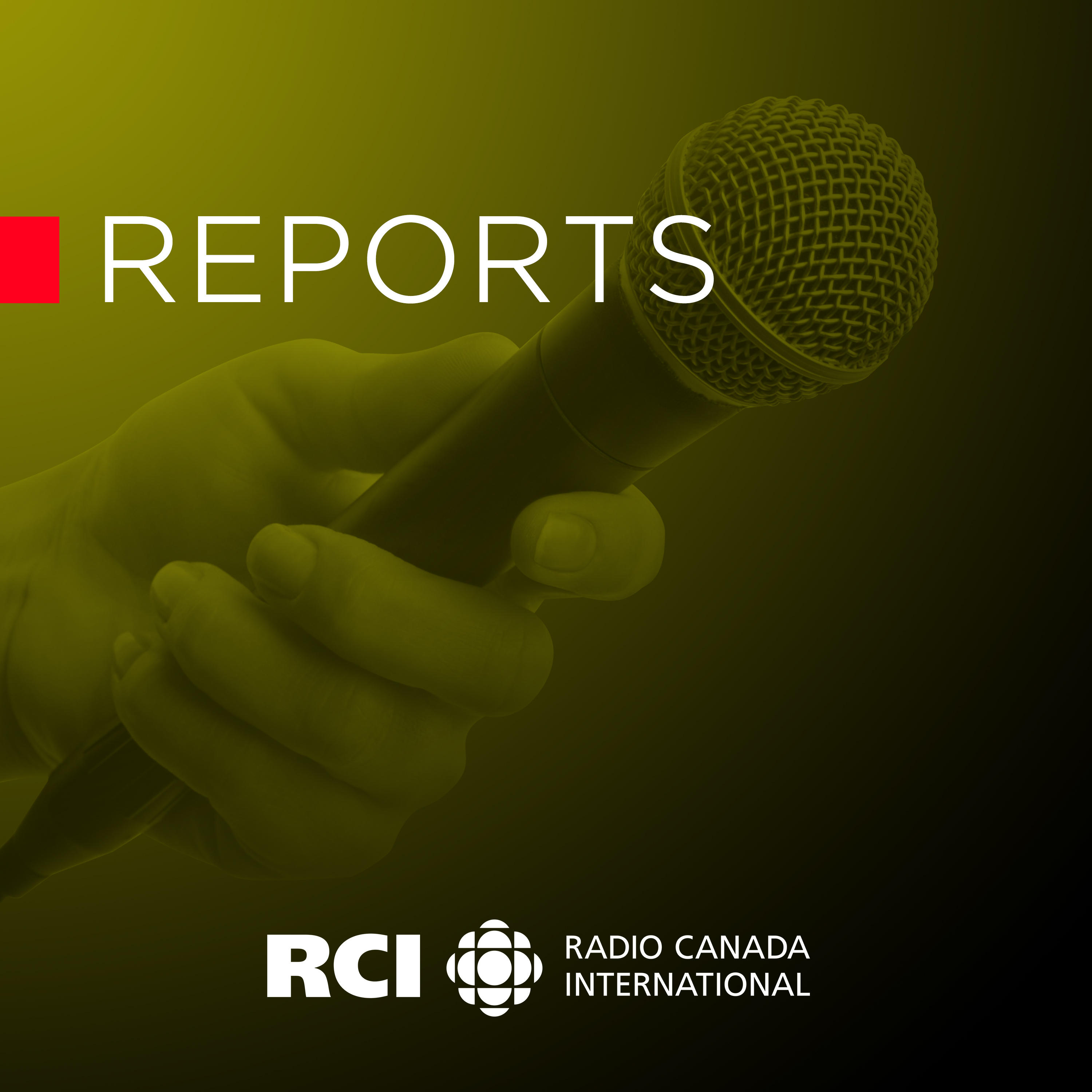Conservation group exposes widespread seafood fraud in Canada
Description
A Canadian ocean conservation group is renewing its calls on the federal government to clamp down on seafood mislabelling, saying its latest investigation provides mounting evidence of a widespread and unchecked seafood fraud problem in Canada.
Oceana Canada says DNA testing of seafood samples from retailers across Montreal revealed that Canada’s second largest city has one of the highest rates of mislabelling found in testing across the country.
The testing showed that 61 per cent of 90 seafood samples from 50 grocery stores and restaurants in Montreal were either a substituted species or didn’t meet the labelling requirements set out by the Canadian Food Inspection Agency (CFIA), Oceana Canada said Wednesday.
The testing in Montreal conducted by Oceana Canada’s investigators in July is part of a national, multi-year investigation of seafood fraud and mislabelling at grocery stores and restaurants in Canada.
Nationally Oceana Canada’s investigation has shown that almost half of 472 samples – 47 per cent – collected in six Canadian cities from 2017-2019 were mislabelled.
Seafood mislabelled along supply chains, say researchers
The conservation group also carried out tests in Victoria, (67 per cent mislabelled), Toronto (59 per cent mislabelled) and Ottawa, (46 per cent mislabelled), Halifax, (38 per cent mislabelled) and Vancouver (26 per cent mislabelled).
A health concern
Josh Laughren, executive director at Oceana Canada, said the investigation found farmed fish served up as wild caught, cheaper species substituted for more expensive ones and fish banned in many countries because of health risks masquerading as another species.
When one fish species is substituted for another, or incorrect information is provided, consumers are put at risk of exposure to parasites, allergens, contaminants, aquaculture drugs and pesticides used in industrial farming operations, or natural toxins found in certain species, Laughren said.
“When you go to a sushi restaurant and get white tuna or butterfish, very often what you’re getting is actually a fish called escolar, which is charmingly nicknamed ‘the laxative of the sea,’ which is probably all I need to say and is banned for sale in some of the countries,” Laughren said in a phone interview with Radio Canada International.
“Yellowtail, one of my favourites, is often actually Japanese amberjack, a much cheaper fish that contains a natural toxin known as ciguatera, which can cause long-term neurological symptoms.”
(click to listen to the full interview with Josh Laughren)
ListenEN_Clip_3-20191016-WME30
A pathway for the seafood black market
A customer looks at the seafood counter at a Metro store Monday, Apr. 15, 2019 in Ste-Therese, Que., north of Montreal. Conservation group Oceana Canada is calling on the federal government to institute a traceability system to follow seafood from boats to Canadian stores and restaurants. (Ryan Remiorz/THE CANADIAN PRESS)
Seafood fraud also provides a pathway for illegally caught fish to enter the market. In addition, when a cheaper, more abundant fish is mislabelled as a more expensive, less abundant one, it can give consumers a perception that the population is healthier than it actually is, Laughren said.
This undermines efforts to stop overfishing, manage fisheries responsibly and protect areas and animals in need of conservation, the conservation group added.
Canada ratifies UN agreement to deny safe haven to illegal fishing vessels
“We know from some recent studies that illegal fishing that happens has really poor labour standards, including child labour and almost slave labour,” Laughren said. “So for your wallet, for your health and for our oceans it’s a very bad practice.”
More Episodes
Canada's international broadcast service from the English language team of Radio Canada International has come to an end.
RCI, (originally the International Service, CBC-IS) was initially created towards the end of the Second World War. The purpose was to broadcast news and information from...
Published 05/14/21
Published 05/14/21
The cost of compensating victims of Canada's now-infamous residential school system was over $3 billion, according to a final report released Thursday by Parliament's Independent Assessment Process Oversight Committee.
The committee, which has been overseeing the compensation process since...
Published 03/12/21


